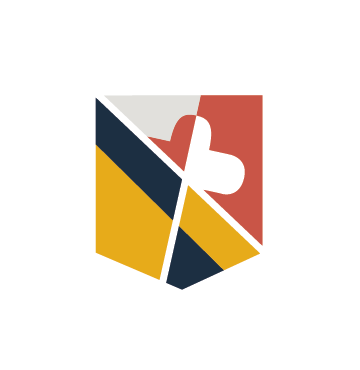UMUC and UMB Launch First USMx Course on Global Health
The University of Maryland University College (UMUC) and the University of Maryland, Baltimore (UMB) launched the first free online course under the University System of Maryland's online learning partnership with edX, a nonprofit online learning destination founded by Harvard University and the Massachusetts Institute of Technology to increase global access to high-quality education.







